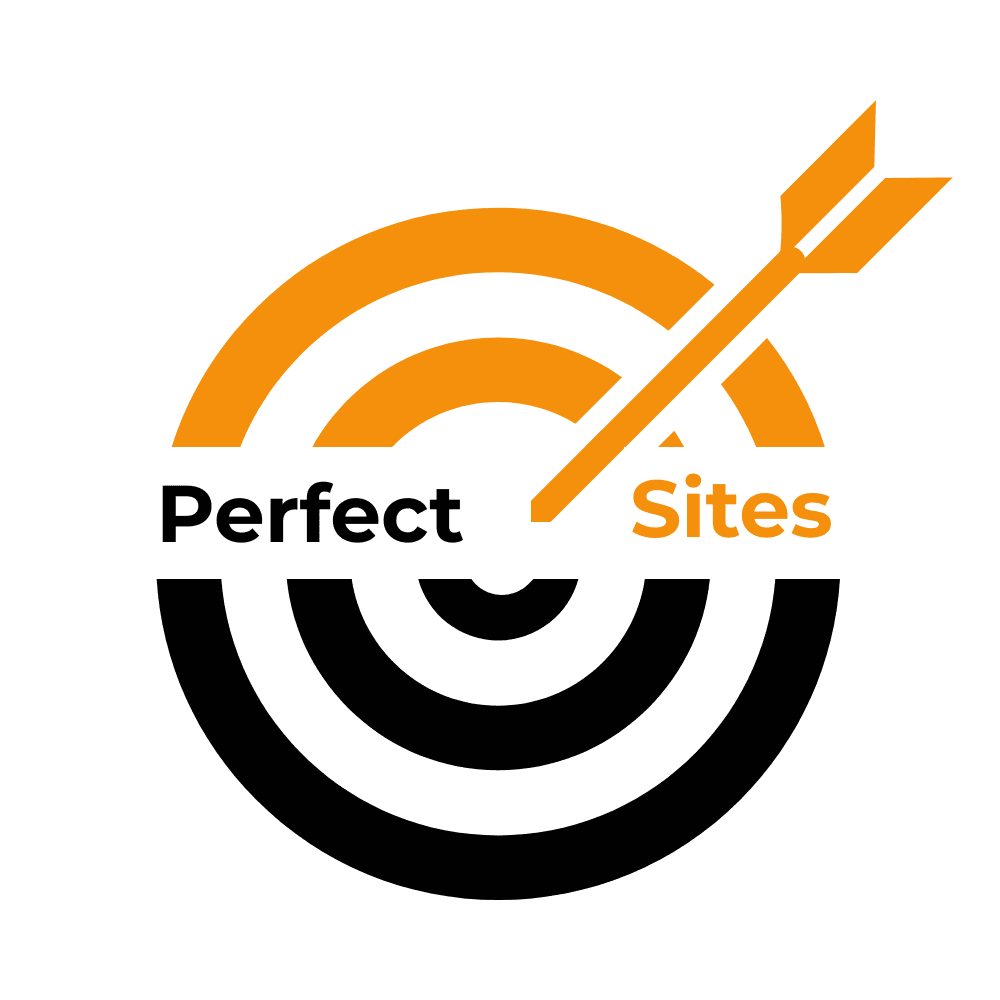Atlanta isn’t exactly shy. It’s loud, fast-moving, and packed with ambition. Whether you’re selling sneakers, software, or sourdough, you’re competing with a lot of noise. And not just from traffic on Peachtree Street. If your website isn’t pulling its weight, it’s missing people who live five blocks away and are ready to buy. So, let’s talk about how to get those people to your site without relying on wishful thinking or vague marketing vibes.
Start with the obvious: local SEO.
If you’re not showing up when someone Googles “best [your service] in Atlanta,” you’re already behind. Local SEO is your base layer; it’s the digital equivalent of putting up a sign on your storefront. Only this one works 24/7 and doesn’t get sun-faded.
Here’s the trick: don’t just sprinkle “Atlanta” into your copy and call it a day. Use tools like Google Keyword Planner or Ahrefs to figure out what people in Atlanta are actually searching for. It might be “coffee shops near Piedmont Park” or “event spaces in Buckhead.” The point is, you’re not guessing; you’re meeting people where they are, literally and digitally.
And if you haven’t claimed your Google Business Profile, please do that before reading another sentence. Add your accurate name, address, and phone number. Upload photos that don’t look like they were taken in 2009. Respond to reviews—yes, even the weird ones. According to BrightLocal, 87 percent of people used Google to evaluate local businesses in 2022. That’s not a trend; that’s a habit.
Now, let’s talk citations; but not the parking kind.
Search engines like consistency. When your business name, address, and phone number show up the same way across local directories, it tells Google you’re legit. Think of it as digital ID verification.
Start with the big ones that are Atlanta-specific: Atlanta.net, Explore Georgia, and the Georgia Chamber of Commerce. These directories don’t just help with SEO; they also drive real human traffic from people browsing local listings.
If you’re not into the idea of manually updating 30 different sites, use a tool like Yext or Whitespark. They’ll do the heavy lifting and keep your listings clean.
Speak Atlanta’s language.
Let’s be honest. Generic blog posts about “industry trends” don’t exactly scream local relevance. If you want to connect with people in Atlanta, write content that sounds like it came from someone who’s actually been here.
That means blog posts about Atlanta events, guides to
neighborhoods, or even case studies featuring local clients. Think “Top 10 Instagrammable Spots in Atlanta” or “How Tech Startups in Midtown Are Scaling Smarter.” This kind of content doesn’t just attract traffic; it builds trust. You’re not just publishing content; you’re building credibility with your neighbors.
And if you want search engines to understand that too, use schema markup. It’s a bit technical, but it helps Google grasp the local context of your content.
Paid ads that don’t waste your money.
Running Google Ads without geo-targeting is like putting up billboards in cities you’ve never been to. Focus your budget on Atlanta and nearby ZIP codes. Use ad copy that mentions neighborhoods like Buckhead, Midtown, or Decatur. That kind of specificity signals relevance.
In Google Ads, use location extensions and call buttons. On Facebook and Instagram, get granular with your targeting. You can filter by ZIP code, interests, even behavior. According to WordStream, the average click-through rate for B2B Facebook ads is 0.78 percent. But when you localize? That number climbs.
Influence, but make it local.
Influencer marketing isn’t just for national brands or beauty products. Atlanta has a thriving ecosystem of micro-creators; people with 5,000 to 50,000 followers who actually live here and engage with their audience.
A local fitness coach, food blogger, or tech reviewer can drive real results, especially if your business is in their niche. For example, a lifestyle blogger posting about your coffee shop in Midtown? That’s more than exposure; that’s targeted traffic from people who trust them enough to show up.
Use platforms like Upfluence or AspireIQ to find creators with Atlanta-heavy followings. And don’t overthink it. Sometimes a single Instagram story with a link can outperform a month of banner ads.
Events that earn you backlinks.
Backlinks are still gold in SEO. But buying them is risky, and begging for them is exhausting. You know what works better? Hosting or sponsoring real events.
Atlanta Tech Village, General Assembly Atlanta, and local Meetup groups are full of opportunities to get involved. Sponsor a panel. Host a workshop. Even just showing up and getting mentioned in a recap article can land you a valuable backlink.
Just make sure your website is linked in every press release, event listing, and follow-up post. Otherwise, you’re doing all that work for a line of text no one can click.
Don’t let visitors vanish.
Someone visits your site, pokes around, then leaves. Happens all the time. But here’s the thing: that person was interested. Maybe they just got distracted. Maybe they weren’t ready. Retargeting gives you a second shot.
Use Google Display Network, Facebook Pixel, or LinkedIn’s Matched Audiences to re-engage people who’ve already been to your site. Segment by behavior and location. If someone in Atlanta viewed a product page but didn’t buy, serve them an ad that nudges them back. It’s not creepy if it’s helpful.
Measure what matters, not just what’s easy.
Google Analytics 4 can feel like a spaceship dashboard at first, but once you know where to look, it’s incredibly useful. Go to Reports, then Demographics, then Location. Filter for Atlanta. Now you can see:
- Which pages are pulling in local traffic.
- Where conversions are actually happening.
- What content resonates with your Atlanta audience.
To get even sharper, use UTM parameters on all your local campaigns. And if you haven’t set up Google Tag Manager yet, it’s time. You’ll thank yourself later when you need to track something oddly specific.
So, what’s the takeaway?
Driving traffic in Atlanta isn’t about throwing money at ads or stuffing “Atlanta” into every headline. It’s about relevance. Real, local, human relevance. When your strategy reflects the city you’re in—from the keywords to the coffee shop collabs—you’re not just generating clicks; you’re building connection.
That’s the view from the ground.
We’ll be back soon with more real-world insights.
Until then, keep building.
– Perfect Sites Blog

